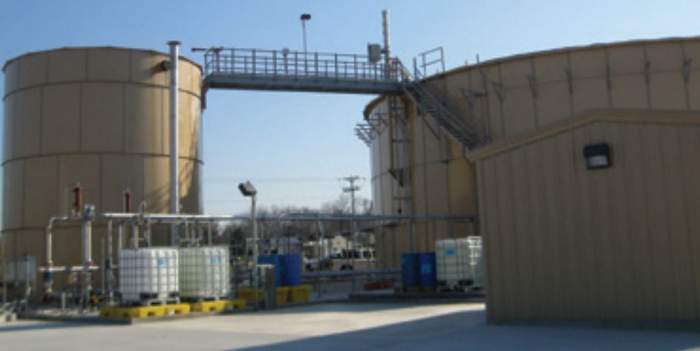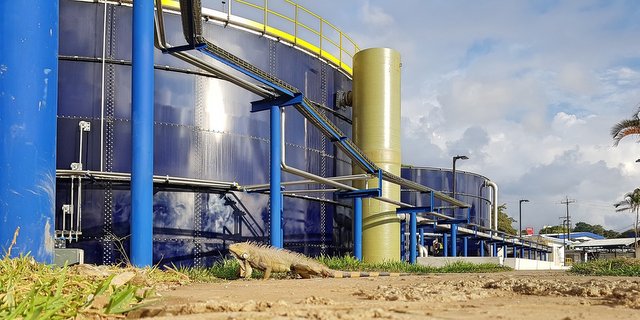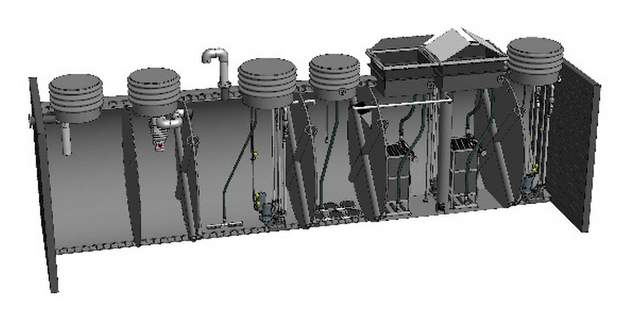Cool story! Grand Rapids plans $21M biodigester to deal with Founders, Amway waste https://t.co/bbOmBQS09C via @mlive #wastewater
— Ian M. Hughes (@HughesBrews) February 3, 2017
You have a biodigester. It’s called your stomach. Works pretty well, right? Well, sometimes, maybe. A commercial biodigester is often described as a “mechanical stomach.” You feed it full of organic material (most of it, you probably shouldn’t have eaten), and it gets broken down by bacteria in an oxygen-free environment. It can also produce renewable energy (like methane) and other maybe useful byproducts (like fertilizer).
Well, Grand Rapids, Mich., deals with a lot of wastewater. The city is home to some big food waste producers — Coca-Cola, Amway (think Nutrilite) and some 40 breweries in the area (it has been nominated Beer City USA), including the likes of Founders Brewing Co. To deal with all that growing wastewater (heavy in BOD and TSS), Grand Rapids plans to invest in a $21 million biodigester.
You should probably know: Biochemical oxygen demand (BOD) is a measure of the nutrient value of wastewater. Total suspended solids (TSS) is a measure of suspended solids in wastewater. Brewery wastewater is higher in sugar and alcohol compared to normal domestic wastewater which most treatment plants were designed to treat. According to Michigan Live:
Rather than make a $90 million expansion to the plant or require businesses to pre-treat their waste, the city decided building a biodigester was the best option, [Environmental Services Manager Mike] Lunn said.
…
In the first phase, the city wants to build three tanks that each have a capacity of 1.4 million gallons — and wants to have the system online by 2018. The plans include space for an expansion of three additional tanks.
Gas produced by the breakdown of the organic material would power a turbine, which would produce 60 percent of the wastewater plant’s electricity needs, Lunn said.
There is some concern about the smell. Apparently, the biodigester in Lowell, Mich., often smells like butthole and has been cited.
Lunn said carbon filters would be used to control odors at the biodigester — the same system that the wastewater plant uses to control odors from raw, solid waste.





Leave a Reply
You must be logged in to post a comment.